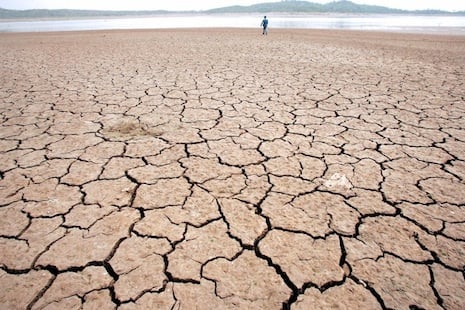
He added, “In rural areas, access to clean drinking water is a big issue. Women have to travel several miles to fetch water for drinking and other domestic purposes.”
He pointed water shortage will increase work burden on rural women who fetch water from far-flung areas. “Other problems associated with rural people are lack of water resources and food,” he said.
Zafar said, “Non-availability or shortage of water affects food production and ultimately the sufferers are the rural women since they are malnourished and poverty-ridden.
“There is a strong need to study implication of global social change on water resources and ultimately its impacts on gender, food security and poverty from the global perspective,” he said.
The dean said, “Social change is the restructuring of institutions, culture, consciousness, technology, organisations etc. Some changes related to technology have emerged in the past decades very rapidly and the speed of emergence of social changes produces many problems because people need time and energy in order to adapt these changes.”
Iqbal Zafar said since most of the societies were affected by large inter-sector systems therefore, model of independent social ideology was no more an ideal system to estimate the implications of global society change. He advised, “Now it is the time to think globally in every sphere of life, including government, business and academia. Researchers should explore the global world as a single entity.”
There is not sufficient awareness among the policy-makers of the impending water crisis in Pakistan, which is posing a threat to the country’s security, stability and environmental sustainability. According to indicators, Pakistan was rapidly becoming a water-scarce country. However, there is little awareness of this looming disaster amongst stakeholders, particularly policy-makers and they cannot foresee the real picture of its repercussions on social and economic fronts.
Published in The Express Tribune, April 28th, 2017.
1719315628-0/BeFunky-collage-(8)1719315628-0-405x300.webp)


1731329418-0/BeFunky-collage-(39)1731329418-0-165x106.webp)


1720030784-0/Smog-free-Lahore-(14)1720030784-0-270x192.webp)










COMMENTS
Comments are moderated and generally will be posted if they are on-topic and not abusive.
For more information, please see our Comments FAQ